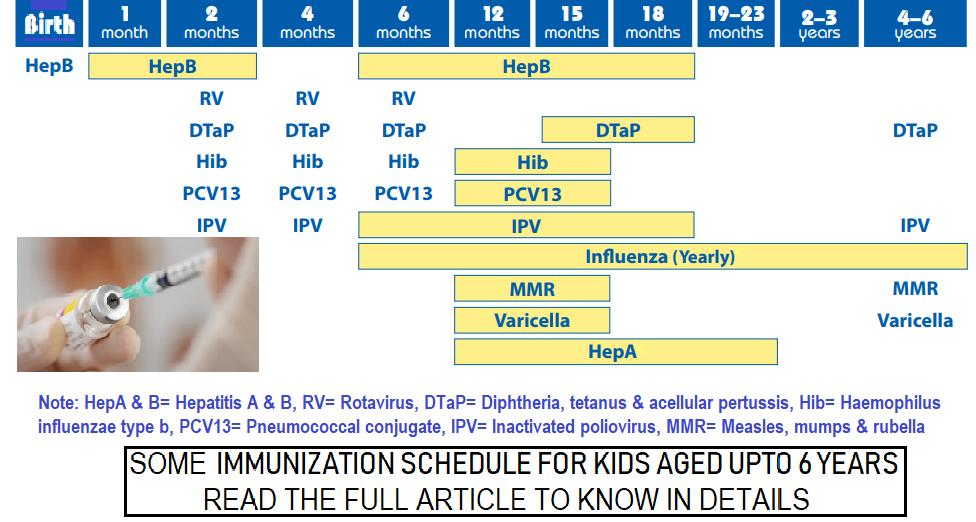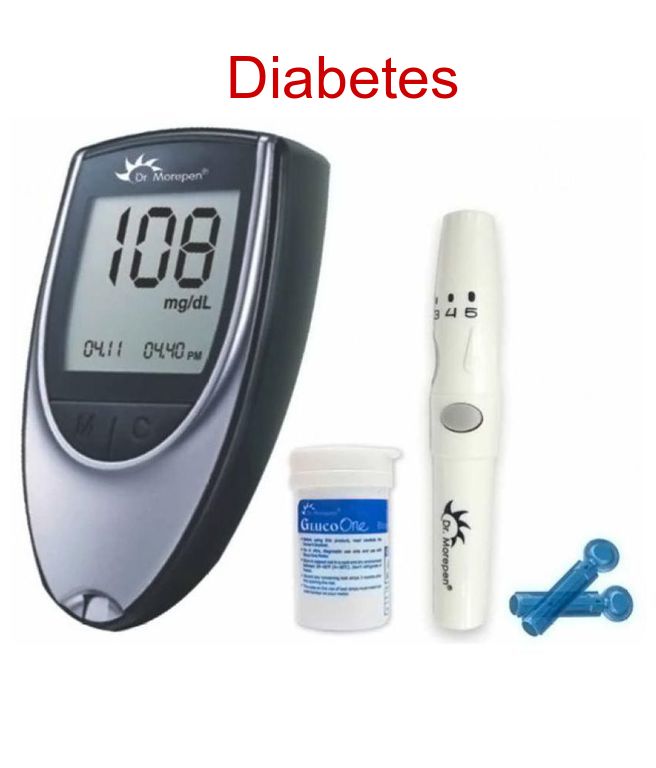Vaccination is the biological preparation administration of some particular antigenic material to stimulate an individual’s immune system to develop adaptive immunity to antigens or pathogens, to prevent a particular disease. A vaccine can help for active immunity against a specific harmful agent by stimulating the immune system, Vaccination Schedule is very important. Childhood vaccines protect children from a variety of serious or potentially fatal diseases, including diphtheria, measles, polio, and whooping cough (pertussis). Vaccination is the most effective method of preventing infectious diseases; vaccination helped to the worldwide eradication of smallpox and the elimination of diseases such as measles, polio, and tetanus in a greater extension from the world.

Why Vaccination is Importance?
- Vaccination is one of the best ways for parents to make sure their children are healthy and prevent particular diseases.
- Vaccination is very safe and effective
- Immunizations can save your child’s life; to protect your child Vaccination Schedule is very important.
Va ccines may prevent diseases such as measles, mumps and whooping cough, Hepatitis & tetanus are still a threat. - Immunizations can save your family time and cost-expense of disease, and it helps to stay healthy.
- Immunization can protect future generations. Vaccination helped to worldwide eradication & elimination of some diseases. Though vaccination has led to a dramatic decline in the number of several infectious diseases in different countries.
- If children are not vaccinated then they can spread a disease to other children who are too young to be vaccinated or to people with weakened immune systems or such as transplant patients and people with cancer.
Are vaccine side effects dangerous?
Any vaccine can cause side effects. Usually, these side effects are minor — low-grade fever, fussiness, and soreness at the injection site. Some vaccines cause a temporary headache, fatigue or loss of appetite. Rarely, a child might experience a severe allergic reaction or a neurological side effect, such as a seizure.
Immunization or Vaccination schedule for the child:
Know about different Vaccination schedules, met your doctor & get the proper dose with your doctor’s advice for proper guidance, and protect your child with the proper Vaccination Schedule.

Immunization or Vaccination schedule for child
Hepatitis B(HepB): Ideally the first dose is given within 24 hours of birth, the second at 1–2 months, the third at 4 months (if needed), and the last at 6–18 months. The child needs 3–4 doses of the hepatitis B vaccine
Haemophilus influenza type b (Hib): child needs 3–4 doses of Hib vaccine, depending on the brand of vaccine. The first dose is given at 2 months, the second at 4 months, the third at 6 months (if needed), and the last at 12–15 months.
Hepatitis A(HepA): the child needs 2 doses of the hepatitis A vaccine. The first dose is given at age 1 year and the second 6–12 months later.
Polio(IPV): The child needs 4 doses of polio vaccine (IPV). The first dose is given at 2 months, the second at 4 months, the third at 6–18 months, and the fourth at 4–6 years
Influenza(Flu): The flu vaccine is recommended for children 6 months and older. Some children younger than age 9 years need 2 doses. Ask your doctor if your child needs more than 1 dose.
Measles, mumps, rubella (MMR): The child needs 2 doses of MMR vaccine. The first dose is given at 12–15 months and the second at 4–6 years.
Pneumococcal (PCV): a child needs 4 doses of Pneumococcal (PCV). The first dose is given at 2 months, the second at 4 months, the third at 6 months, and the fourth at 12–15 months. Some children also need a dose of the Pneumovax vaccine (PPSV). Ask your doctor if your child needs this extra protection against pneumococcal disease.
Rotavirus (RV): There are two rotavirus vaccines that can protect children from this disease. The first dose is given at 2 months, the second at 4 months, and depending upon the brand sometime the third is needed at 6 months.
Chickenpox (Varicella): A child needs 2 doses of the chickenpox vaccine. The first dose is given at 12–15 months and the second at 4–6 years
There are the common vaccines usually all are prescribed but there are so many vaccinations available.



0 Comments